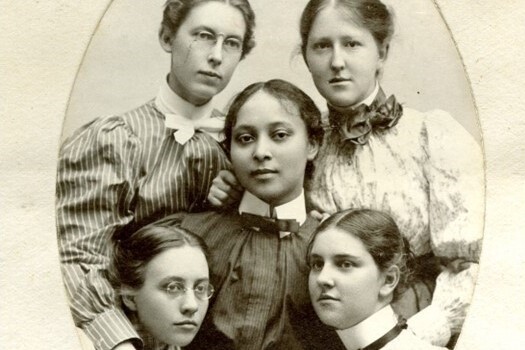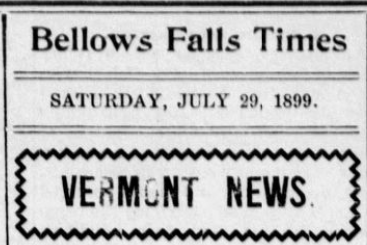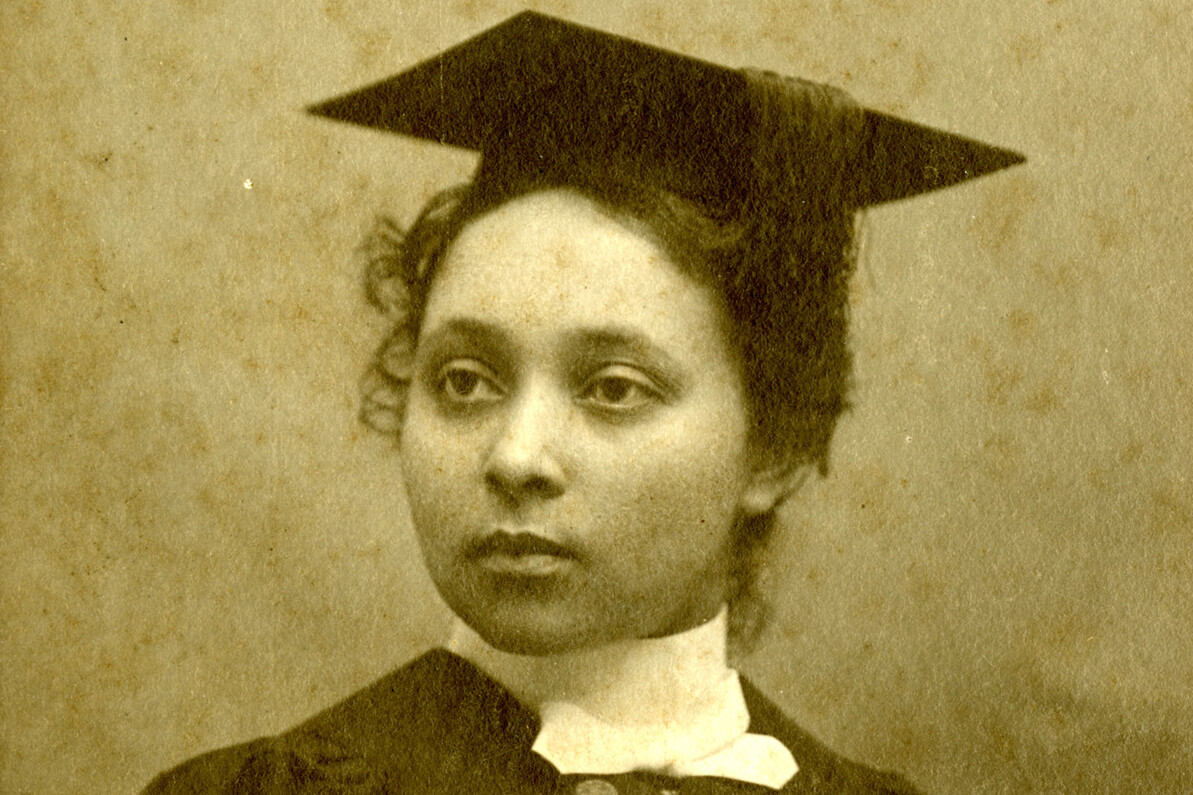Mary Annette Anderson
Why was Mary Annette Anderson’s college graduation so important?
Mary Annette Anderson was the first Black woman to graduate from Middlebury College. She helped change what it meant to be a college student in Vermont. Later in life, Anderson supported education for Black women. Anderson’s family lived in Shoreham Vermont. Historians today recognize Mary Annette Anderson as a biracial(belonging to two races) woman. Anderson’s father William was Black. Her mother Philomene was French-Canadian and Native American. At the time, Anderson identified as a Black woman. Anderson’s brother William was also successful. He became the second Black man to serve in the Vermont Legislature(the part of the state government that makes laws). Mary Annette Anderson was a talented student. She loved to write poetry. She graduated from the Northfield Seminary(a type of private school for high schoolers) in Massachusetts. At the time, many other Black women did not have the chance to go to college. Anderson did not want to pass up the rare opportunity. So, she enrolled(to attend something, typically a school) at Middlebury College in her home state of Vermont.
Mary Annette Anderson’s time at Middlebury was a first. Alexander Twilight graduated from Middlebury in 1823. But he was not recognized as the first Black graduate until many years later. Middlebury only began openly accepting Black men as students in 1845. In 1883 Middlebury also began enrolling women as students. This was unusual, many colleges at the time only accepted male students. Anderson continued to succeed in her college classes. She was a great writer. In 1899, Anderson wrote a poem in honor of her class. Anderson joined a sorority(a type of student organization for college women) for gifted students. She was also the first Black student to join the Phi Beta Kappa Honors Society(an organization meant to honor high-achieving students), the oldest academic honors group in the US. In 1899, Anderson graduated as the valedictorian(the head of a graduating class) of her class.
Even though she graduated top of her class, Anderson did not get any offers to teach in New England. So, Anderson taught at two historic Black universities(a type of school for higher education). Black universities and colleges formed across the southern US in the late 1800s. These schools gave Black students new opportunities to succeed in their future careers. Anderson taught at Straight University in Louisiana for one year. She taught English and History at Howard University in Washington D.C. for seven years. While living in D.C. Anderson helped guide other young Black women who wanted to go to college. Today, Anderson’s legacy(how someone is remembered in the future) is honored at Middlebury College. She helped break barriers in education for Black women across the US.
Thinking About History
Historians ask questions to think deeply about history.
Mary Annette Anderson was the only Black woman in her Middlebury College class. She later helped other Black women enroll in college. Why did Anderson help other women break barriers in college education?
Mary Annette Anderson graduated as valedictorian. But she did not receive any offers to teach in New England. What does this say about some of the barriers that Anderson might have faced as a student?
Anderson left a legacy as the first Black woman to graduate from Middlebury College. What is a legacy? Do we get to determine our own legacy or is it given to us by other people?
Learn More
Follow the links below to explore related topics.
Watch the video Mary Annette Anderson from This Place in History
Listen to Vermont Public Radio’s The Story of Nettie Anderson
Visit Alexander Twilight’s page
Watch the video Martin Henry Freeman from This Place in History
Copy and paste this citation to show where you did your research.
Vermont Historical Society. "Mary Annette Anderson." Vermont History Explorer. Accessed January 25, 2026. https://vermonthistoryexplorer.org/mary-annette-anderson


